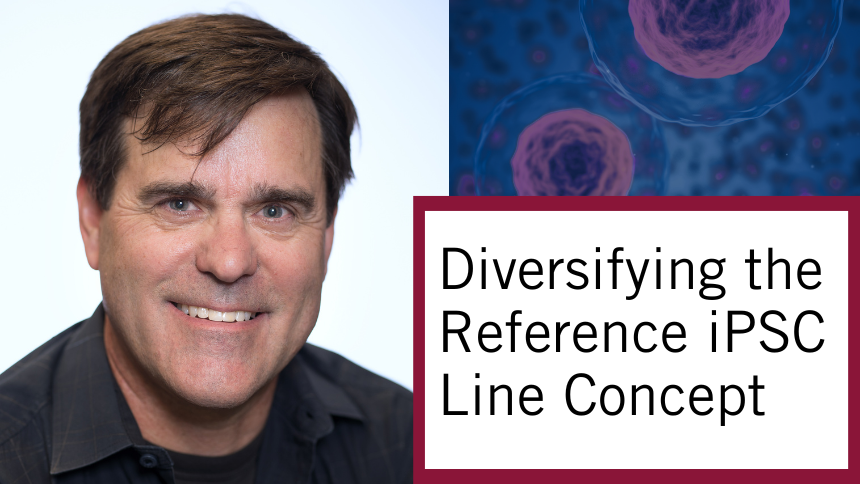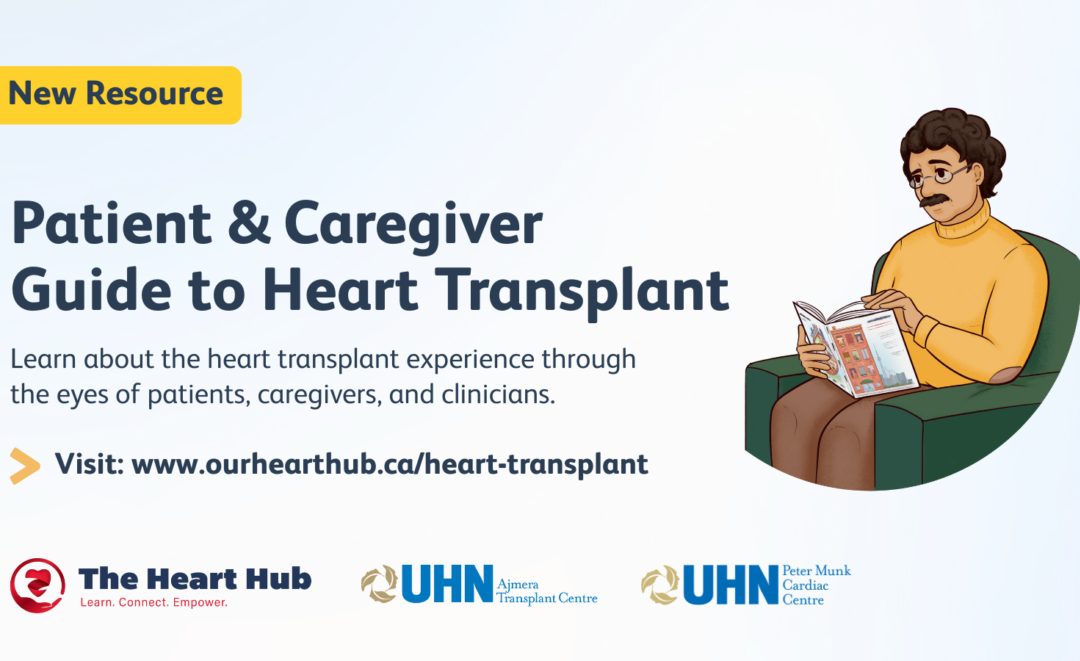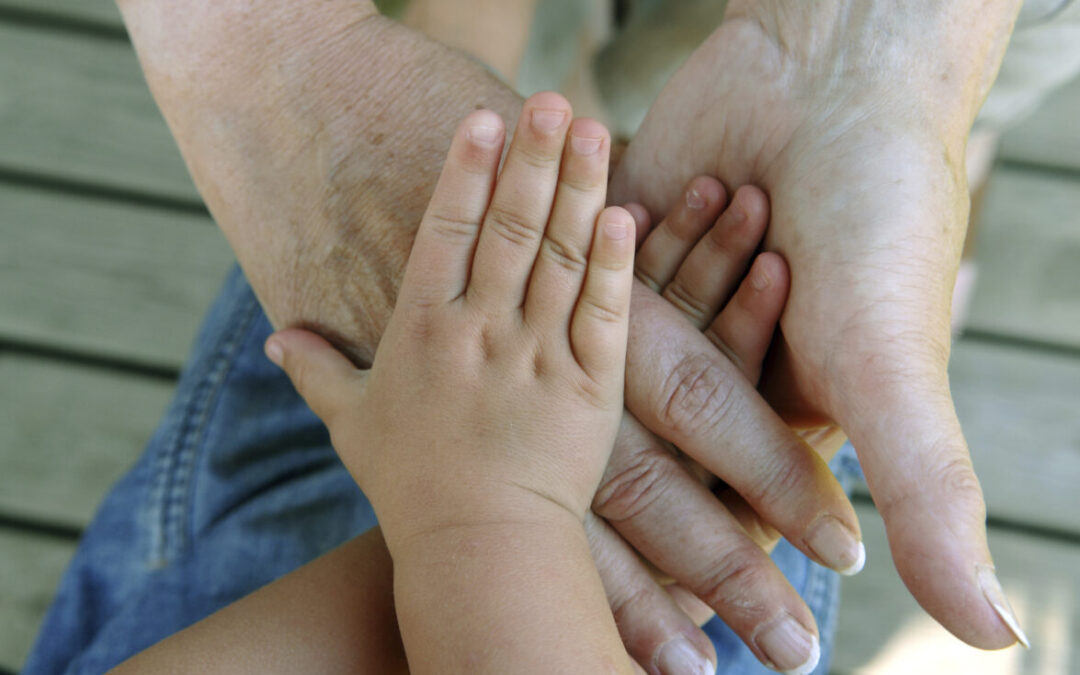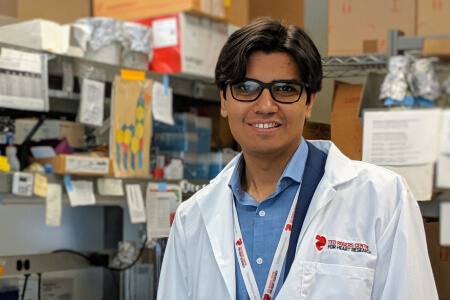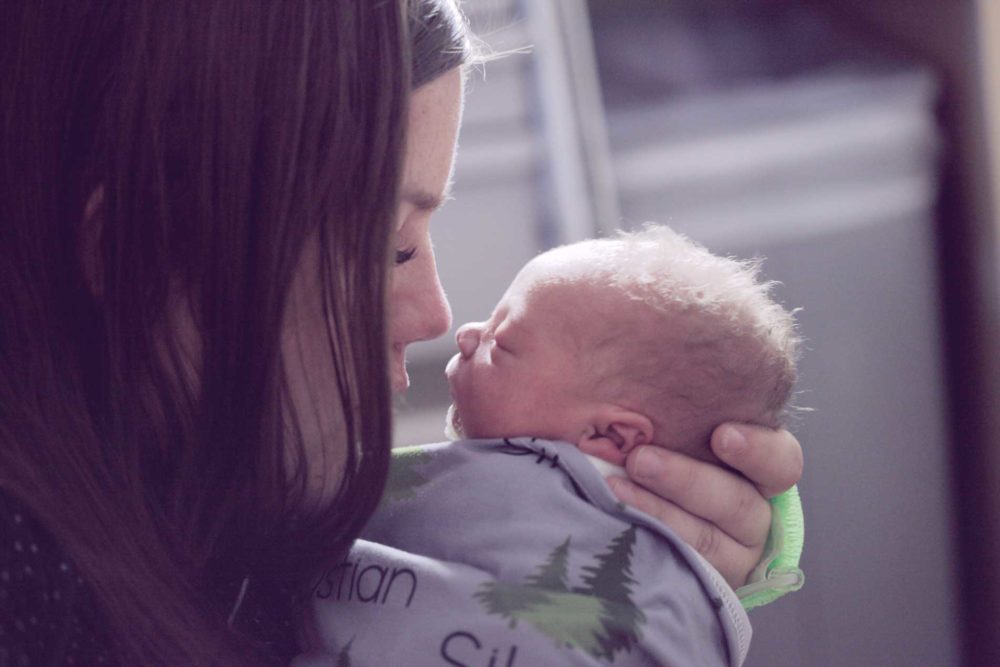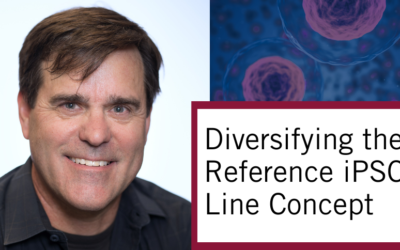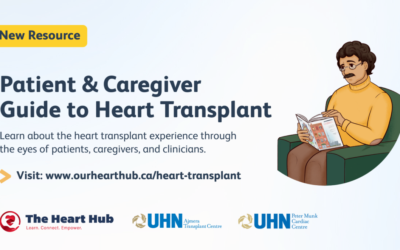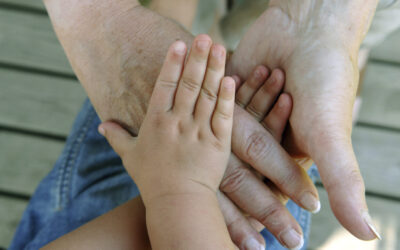An infant boy, just months old, is diagnosed with severe dilated cardiomyopathy at SickKids. With his heart unable to pump blood effectively due to this life-threatening disease, he undergoes a transplant at the age of one.
Four years later, Ted Rogers Centre research teams perform whole
genome sequencing. They successfully identify a gene variant that caused his
cardiomyopathy, which enabled them to also sequence his parents to find out if
this was an inherited condition. This knowledge will inform which family
members should be screened for cardiomyopathy, which do not need to be, and can
help the family understand the risk of this disease occurring in future
pregnancies.
Apart from this personal impact, there is a broader outcome as well. There are currently no medicines that can reverse heart failure in these patients. “Knowing a disease’s genetic causes allows researchers to focus their work on discovering new targeted therapies against that defect,” says Dr. Seema Mital, who leads our Cardiac Precision Medicine Program at SickKids. “As a result, other families with this disorder may be able to delay or even eliminate the need for a heart transplant in the future.”
This is a real-life example of an important burgeoning effort in genomic research: returning medically actionable results back to families. Members of Dr. Mital’s program as well as the Cardiac Genome Clinic led by Dr. Raymond Kim are world leaders in this emerging frontier of medicine.
Genomic research benefits patients – one family at a time
Late last year, our genomic teams published a study
in BMC Medical Genomics, that was one
of the first to demonstrate the practical experience of returning new research
results from exome and genome sequencing to families.
It detailed the process of presenting 59 new genetic
findings to a “Return of Research Results” committee, which then deemed 20 genes
as medically actionable and therefore reportable to families. Researchers
showed that disclosing such results to families was ten times faster when the
results were sent to their genetic counsellor, rather than waiting for them to
see their physicians. Importantly, 86 per cent of these families then opted to
be referred to a clinical genetics team to validate the results. This shows
there is considerable acceptance of this new type of individual medical
knowledge.
“Performing whole genome sequencing is one part of the
process, and returning actionable results is another critically important element,”
says Dr. Mital. “Equally important is to help families access the genetic
counseling services they need in order to fully understand the findings and guide
them in decision-making about confirmatory clinical testing.”
It is standard practice for these Ted Rogers Centre programs to ask patients at the time they are recruited into genome research projects for their consent to have actionable results returned to them. A survey has shown that the majority of participants are interested in finding out information that could impact their diagnostic journey.
World-leading effort to return results
Dr. Raymond Kim, who along with Dr. Mital is a Ted Rogers
Centre scientific lead,
says that while genomic research is complex, this model of informing families
works so well because it is simplified.
“Despite genomic sequencing sitting in the realm of
research, our teams have a seamless way of bringing it back to the patient,
translated in a way so that they can get necessary medical care,” says Dr. Kim.
“It is a direct translation from research to clinic. Then, we can help make the
right referrals to the right specialists for whatever we found in someone’s
genome.”
Such valuable information can extend throughout the family
line. Not only can patients act on this newfound information, but they can
identify family members who may be at future risk of the same ailment and, in
turn, those who are not at genetic risk – thus liberating them from worry.
During Congenital Heart Disease Awareness Week, we can
appreciate the extraordinary value that modern genomic sequencing can offer
families affected by these difficult illnesses. The initial questions that
arise – how did this happen? … what
does this mean for our family? – can be potentially clarified as results
from the research realm cross the threshold to patient care.
